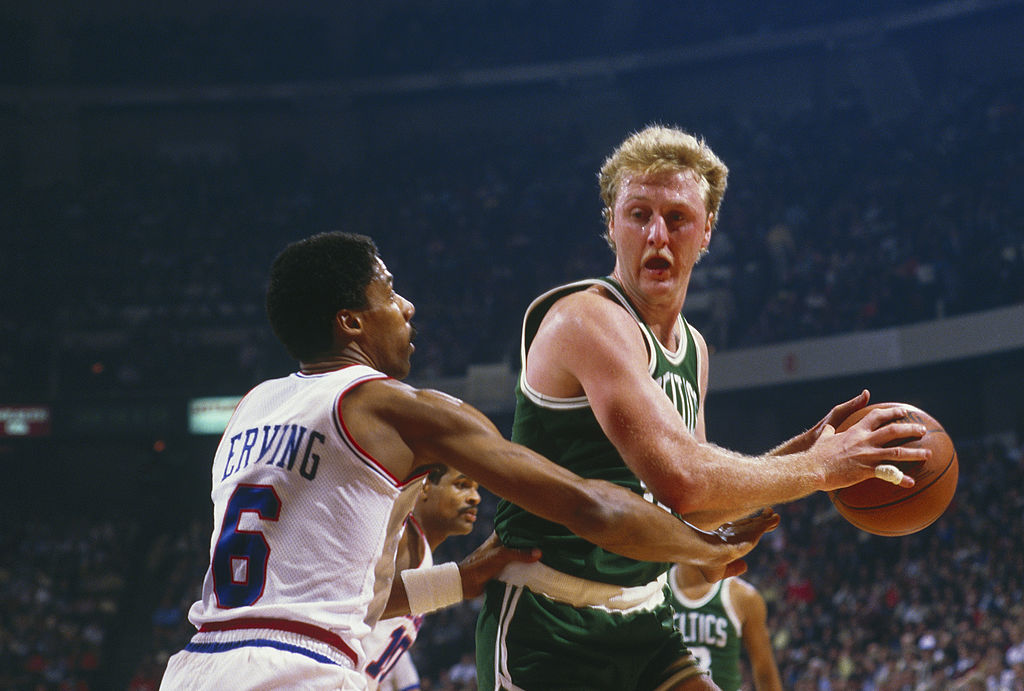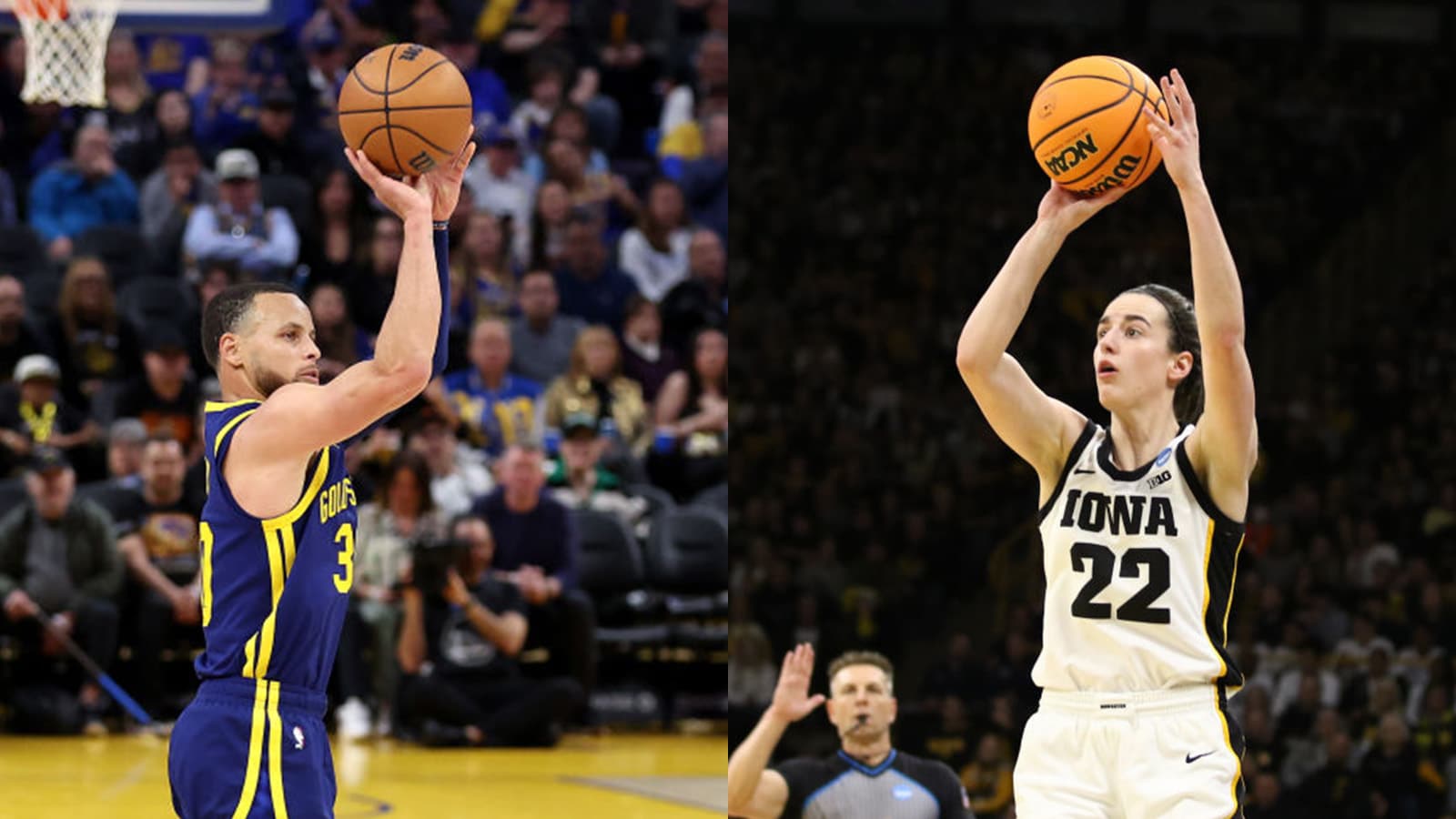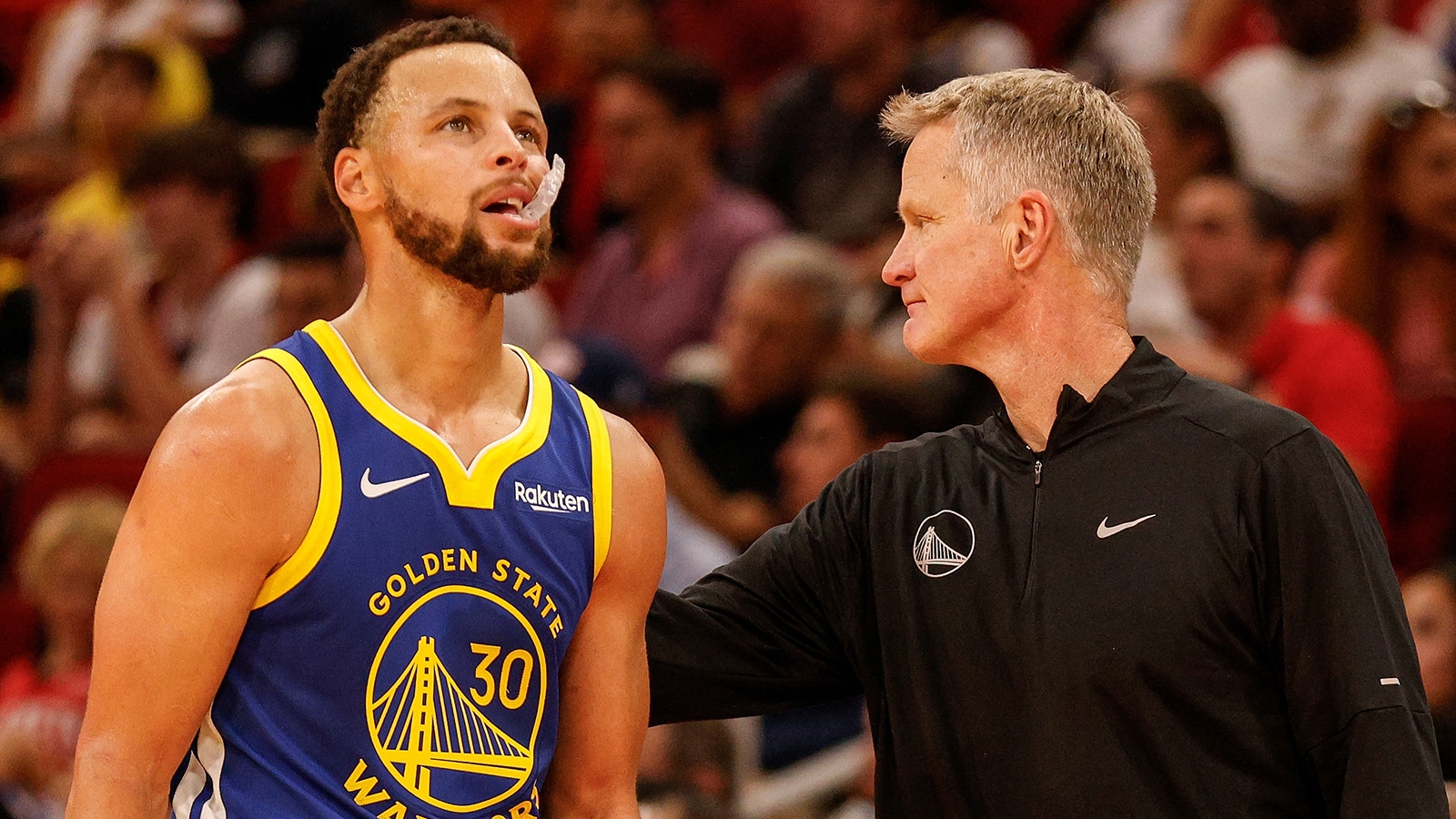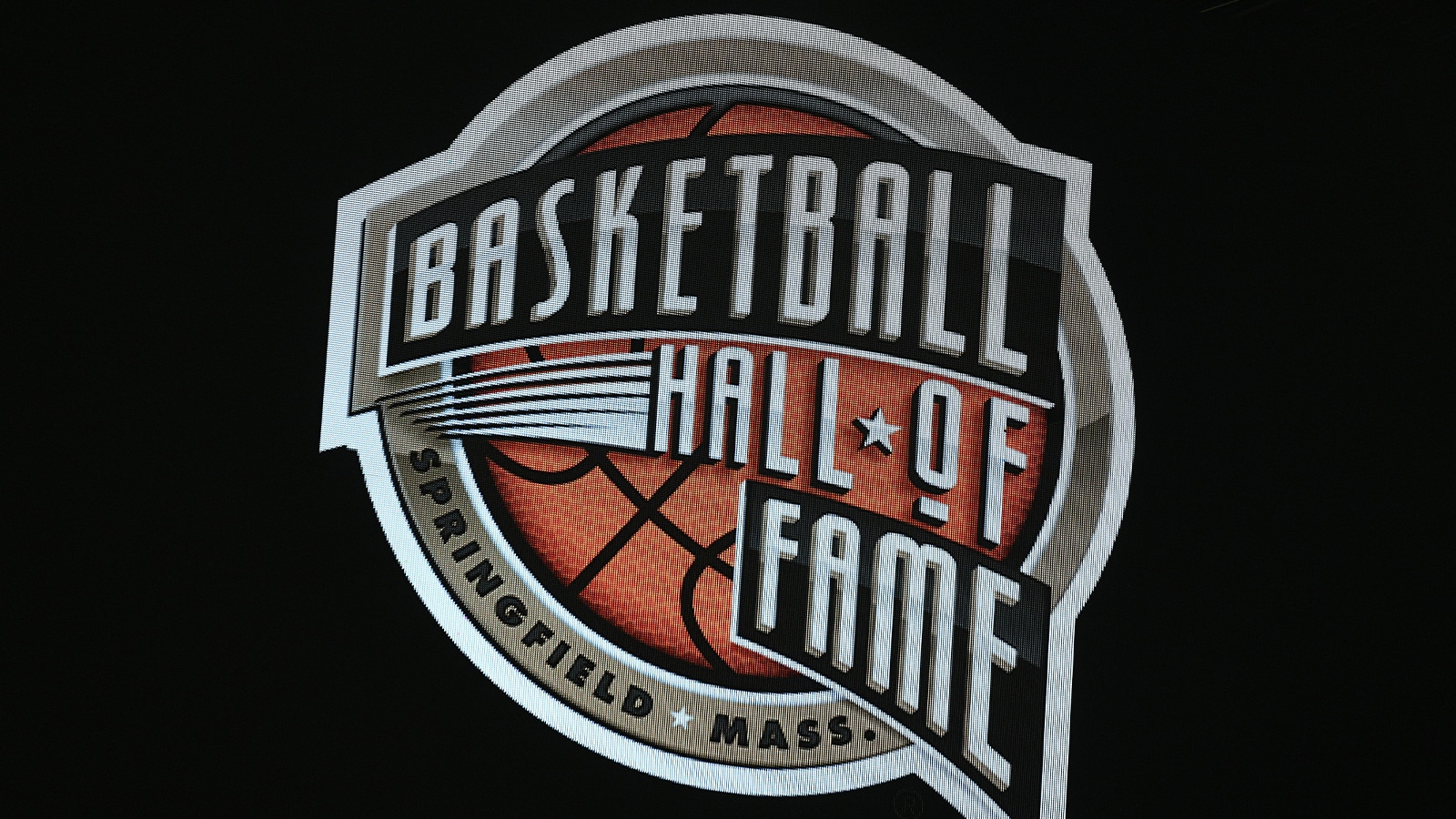
What Is the Larry Bird Exception to the NBA Salary Cap?
Larry Bird had one the finest careers in NBA history, averaging 24.3 points and 10 rebounds a game for the Boston Celtics over a 13-year stay that included three league MVP awards, three league championships, and two more trips to the finals.
After his playing days, Bird served as coach of the Indiana Pacers and later became the president of the organization. He holds the distinction of being the only man to have been selected as an NBA Most Valuable Player, Coach of the Year, and Executive of the Year.
Bird is also one of the few athletes to have an important rule named after him.
The Larry Bird exception is crucial for NBA free agents
A rule referred to as the Veteran Free Agent Exception in the collective bargaining agreement between the NBA and its player union is more widely known by fans and by the players it affects as the Larry Bird exception.
The rule lays out one of the few exceptions to the NBA salary cap that was agreed to in 1983. It permits a team to exceed the cap in order to re-sign one of its own players. With the first salary cap having been set at a modest $3.6 million, the exception immediately became crucial to teams’ ability to re-sign their star players once a contract expired.
Was the rule invented to help the Celtics keep Larry Bird?
Larry Bird was four years into a superb career before the salary cap was negotiated between the NBA and its players in a landmark agreement. Neither the NFL nor Major League Baseball had a salary cap at the time.
Bird and the Boston Celtics continue to be cited as the original beneficiaries of the exception when the forward signed a seven-year contract in September 1983. But the salary cap – which was intended to be an absolute maximum that could not be exceeded — didn’t go into effect for Boston until the following season. It only applied immediately to the Los Angeles Lakers, New Jersey Nets, New York Knicks, Philadelphia 76ers, and Seattle Supersonics because they were already over the maximum.
Perhaps with Bird and other stars in mind, the NBA moved to amend the rule before the next season to create a “soft cap” that would allow teams to spend more under certain conditions.
The most significant loophole was what came to be known as the Larry Bird exception: Teams could exceed the cap to re-sign their own player if they were matching an offer made by another team or if they were simply giving the player a new contract.
Having the advantage of a year’s notice before having to abide by the salary cap, the Celtics signed Bird, Kevin McHale, Robert Parish, Dennis Johnson, and Danny Ainge to new deals and went on to capture the 1984 NBA title.
After the season and now covered by the cap, the Celtics gave Cedric Maxwell a contract extension, technically making him the first Boston player to be signed using what came to be known as the Larry Bird exception.
For the record, the Celtics did use the rule to sign Bird to an extension in 1988.
The Larry Bird exception remains on the books
The salary cap, which is tied to a percentage of league revenue, cracked the $10 million mark in 1986, $25 million in 1995, $50 million in 2001, and $100 million last season.
As the cap has climbed so, too, have individual player salaries. The Larry Bird exception remains but has been modified over the years to make it more advantageous for players who have been with the team for three years or longer to stay put.
The most significant tweak has been that the player’s current team can offer a six-year contract with larger annual increases than are allowed from other suitors, who can offer a maximum of five years.



